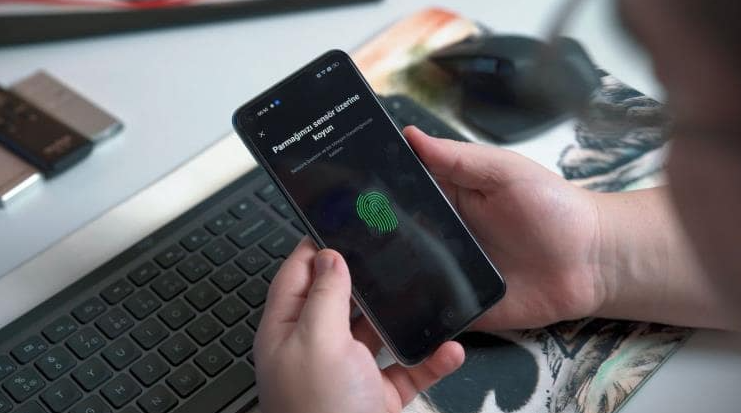The subject of digital ID cards might be a point of concern for community members who are unaccustomed to their use. However, with more organisations and institutions delivering these online profiles, it makes sense to see what individuals can take away from them and why they are beneficial.
Improving Security Measures
There is little question that the sensitivity of personal information remains vulnerable in the current age. Especially for traditional drivers licences, Medicare cards, bank cards and other forms of identification, there have been many cases where this data has been compromised through online and offline means. The advantage of these digital utilities is to improve those safeguards and protocols. With unique coding and development, they are designed with smartphone encryption methods already established, mitigating against outside parties attempting to infiltrate the information from the outside.
Universal Points of Access
There are many locations and examples where digital ID cards are not only applicable for a single city or area, but across state and even international lines. This is dependent on the nature of the card and the domains that it is applied for in various public or private sectors, yet it will be a point of advantage for citizens who are based in remote situations and situated on the go. With governments and organisations looking at more avenues to improve digital access, this is a way to ensure uniform engagement irrespective of the circumstances.
Mobile-Based Application
One of the other key benefits for these digital components is the delivery through mobile applications. With a vast majority of constituents having access to smartphone brands, whether they are Apple or Android, this is an opportunity to place an identification profile within a digital wallet. The issues and complications that community members face with tangible cards are well known and easy to misplace, a concern that is not a factor when considering this mobile-friendly alternative.
Easy Eligibility Review
From applying for a bank loan to signing up for a course or other domains where institutions need to check on the credentials of an individual, the use of digital ID cards also plays a helpful role for citizens. If they have an app that has tracked their progress and verifies their status across a series of subjects, then they don’t have to be subjected to a rigorous testing phase that adds to the waiting time and the stress. It is another incentive to download and use these utilities whenever available.
Leveraging WiFi Networks & Breaking Down Barriers
Local constituents expected to take passports, documents and various forms of physical verification is an antiquated concept in 2023. By now, everyone should have the chance to engage with institutions and providers from any form of industry. The decision to download and use digital ID cards is made all the easier when considering the simplicity of WiFi networks while 4G and 5G points of access help those who would otherwise lack the necessary tools.
Peace of Mind
The reason why citizens will opt into the ID card framework is to simply take a lot of the hassle out of the process with various physical cards. If this happens to be compromised, do they know if there is an online copy that they can source? If not, who do they contact? If it has been lost or stolen, could it be used to compromise their accounts? The fact remains that this is the ideal solution for members who want to remain engaged with any number of organisations without the struggle of maintaining a physical wallet.







